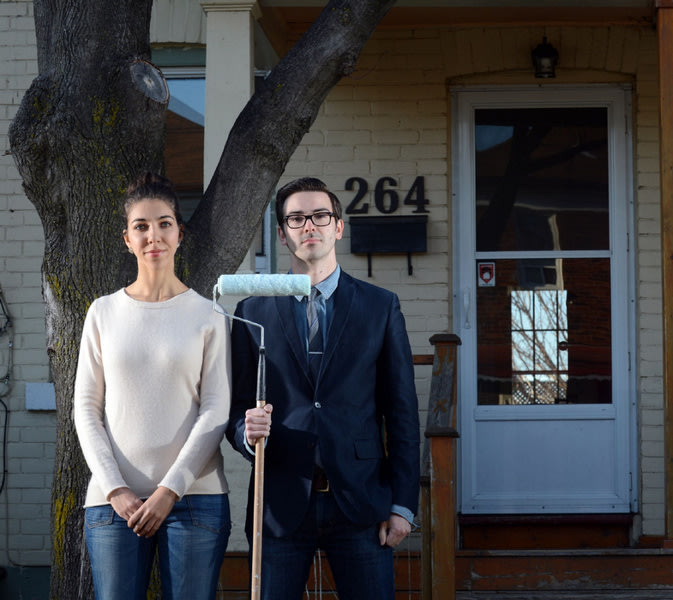By: Sonja Rasula HGTV
Are you considering making a spare space in your home into an apartment? Whether the kids have all moved out,
or you've thought about renting a space in your home to help with the mortgage, creating a second suite, and
becoming a landlord, can have many advantages.
While the most obvious benefits are the financial ones (income can subsidize the cost of ownership, property
value increases and tax deductions become available), becoming a landlord may give some a sense of pride and
responsibility, help derive a greater sense of safety and perhaps even provide a social, community atmosphere.
If you're thinking about renting space in your home, there are many things to think about, and lots of work to be
done. Read on to find legal and safety considerations, plus tips on finding great tenants.
Legal & Safety Considerations
How to Prepare
Before you place an ad in the paper, start installing a stove or get a set of keys made, you need to find out what
exactly makes a secondary suite legal. Make sure you check with your local municipality for the zoning bylaws-
don't wait until you've put time and energy into building a second suite to find out if you're even allowed to have
one! If you've purchased a home with an existing second suite, you need to make sure it stands up to fire code
requirements and planning standards. The Landlord's Self-Help Centre in Toronto suggests two extra steps to
further reduce liability once you've legalized your second suite:
1. Make your insurance provider aware of the second suite and enhance your insurance coverage accordingly.
2. Ensure your mortgage holder is informed about your second suite.
Once the Apartment is Ready
There is only one thing you need to think about now, the legal responsibilities of being a landlord. Before you start
to look for renters, you need to make sure you understand all your legal responsibilities as an acting landlord.
Some of the things you'll need to know include:
· How to comply with Fair Housing Laws, and not discriminate against anyone.
· How and when to make necessary maintenance repairs.
· Once rented, when and why you are allowed to enter the suite.
· Rent increase laws and how to inform tenants of an increase.
· How to serve an eviction notice.
· What a lease/renter's agreement should look like and include.
In order to educate yourself on the legal responsibilities, you should contact your municipal government for help,
as well, check your yellow phone book for any landlord or housing agencies listed under Social Services.
Tips on Choosing Tenants
First, be on the ball and be organized. It's your job to be prepared for both telephone calls and visitors. The best
thing to do is to create a list of basic information (monthly rent, size, advantages such as location or new
appliances), so you don't forget anything when talking to interested people over the phone. As well you should
have an application form ready to fax or handout.
The law is definitely on your side when it comes to choosing tenants. There are many great services available to
make sure you have sufficient information to make a decision. Credit checks are a great way to see an applicant's
history and confirm his or her actual identity.
Doing a credit check is not something to be overlooked because of the fees involved. The tenants you choose
might appear to be wonderful people, but when it comes down to it, you need to know more about them before you
let them into your home. You have the right to ask for and contact references and past landlords. You can even ask
for their banking information, in order to obtain their history. While you can ask for income information, it is only
legal to do so if you also ask for rental history, credit information and get approval for a credit check (making a
decision based on income alone would be discrimination).
Don't just "go for the green" when choosing tenants. It's up to you to find trustworthy, reliable renters, but it's just as
important to choose renters you get along with. Once you have applicants that have passed the tests mentioned
above, there are helpful ways to decide between tenants:
· Set up a short interview, which will enable you to see what they are like, and allow for open communication
between both parties.
· Make sure to ask questions about their lifestyle habits. For instance, if they play an instrument, find out if they are
willing to restrict playing it to certain hours.
· Is their personality compatible with yours, and other family members that live in your household?
· Do they have pets? If you have pets, are they allergic?

 English
English 中文(简体)
中文(简体)


![<![CDATA[10 Tips for Turning a First Home Into an Income Property]]>](http://www.hgtv.ca/images/hg_c3107_M2.jpg)





